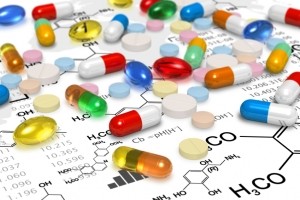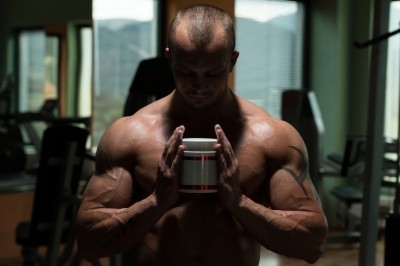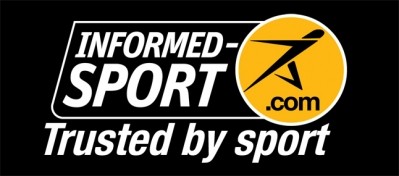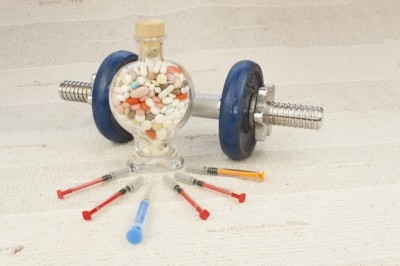50% improvement on 2012
69 sports nutrition products sold as illegal medicines: UK review

The Medicines and Healthcare products Regulatory Agency (MHRA) conducted a similar market scan to coincide with the 2012 London Olympic Games, at that time finding 128 unauthorised medicines sold on 36 websites.
MHRA Medicines Borderline section manger Dr Chris Jones said in an Olympic year where the “potential for more unlawful products” was greater, the agency had placed “additional time and resources to this market area, to help both companies and the buying public.”
Illegal products included those containing banned stimulants DMAA (1,3-dimethylamylamine/methylhexaneamine), yohimbine, ephedrine and synephrine.
The MHRA said such products would “normally be subject to controls as Prescription Only Medicines.”
In particular, the MHRA said DMAA was a public health risk.
“While sports supplements are regulated as foods we have worked with industry to review the market and have investigated the sale of targeted unauthorised medicines being marketed as sports supplements,” said Dr Jones.
“The results of our second review into the sports supplement industry shows there are some signs of improvement, and more companies are acting on the MHRA’s concerns.”
Potential buyers of sports nutrition products should seek the ‘distance selling logo’ which verifies foreign websites to certain criteria.
UKAD: Beware online risks
UK Anti-Doping (UKAD) chief executive Nicole Sapstead welcomed the MHRA work and continued to advise a ‘food first’ approach for athletes, or selecting supplements from the LGC-owned Informed-Sport batch-tested products list.
“As the supplement industry grows, we continue to work with sports, athletes and their support personnel to raise awareness of the risks associated with supplement use in our efforts to protect clean sport,” she said.
“We continue to be concerned about the number of supplement products being produced that contain ingredients not suitable for, or under the regulation of, the food industry.
"Equally, we also recognise the risks associated with contamination, counterfeit supplement products available to purchase online and the challenges with ingredients being listed by a variety of names. In the worst cases, these products can be extremely harmful to health.”
‘Encouraging’
European Specialist Sports Nutrition Alliance (ESSNA) chairman Dr Adam Carey called the results “encouraging” but acknowledged “there is still more to do.”
“We will continue to work alongside the MHRA to make sure all products sold comply with all necessary regulatory regimes, and are safe for the public to buy and consume – and we reiterate the MHRA’s advice to all members of the public; please be careful when buying products online,” he said.
















